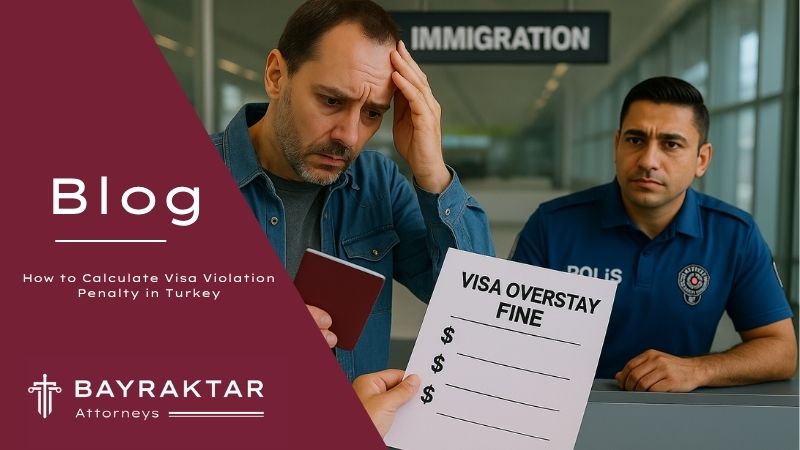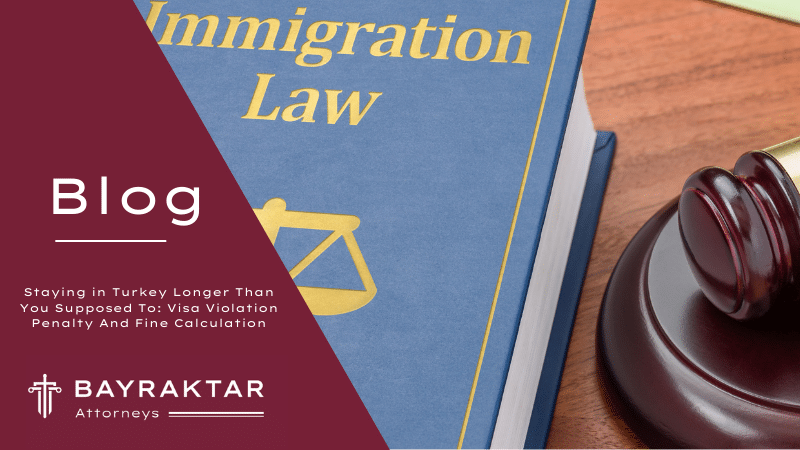![["A close-up view of a document titled “Borç Sözleşmesi” on a desk during a legal consultation scene in Türkiye."]](https://admin.bayraktarattys.com/api/admin/images/images/projects/cba6db89-fedb-48ba-a6b9-6a2cd64c9b05_a-photograph-captures-a-close-up-view-of-a-document-titled-borc-sozlesmesi.jpg)
Foreign businesses and individuals seeking to collect debts in Türkiye are often surprised to learn about an important legal mechanism that strengthens the creditor’s position: the 20% additional compensation rule. This rule, found in Turkish enforcement law, rewards creditors with a financial advantage when they successfully contest a debtor’s objection to a payment order.
What Happens When a Debtor Is Given a Payment Order?
When a creditor initiates an enforcement proceeding without a court judgment (ilamsız icra takibi), a payment order is served to the debtor via the Enforcement Office. The debtor then has 5 business days to either:
Comply with the payment, or
File an objectionwith the Enforcement Office.
This objection can be based on various grounds, including denial of the debt, allegations of forged signatures, or procedural claims. In many cases, these objections are filed not because of genuine legal defenses, but simply to buy time and delay the creditor’s enforcement actions.
What Can a Creditor Do If the Debtor Objects?
If the debtor files an objection, the enforcement proceedings are temporarily paused. The creditor then has the right to initiate a “removal of objection” lawsuit (itirazın iptali davası) before the competent court within 1 year.
This lawsuit is handled like a standard civil litigation process, involving:
Filing a petition to the civil court of first instance,
Attending hearings,
Presenting evidence (e.g., original debt notes, invoices, correspondence),
Possibly undergoing an expert examination or witness testimony.
If the court finds that the debtor’s objection was groundless and that the debt is indeed valid, it will issue a judgment in favor of the creditor.
The 20% Additional Compensation Explained
Here's where Turkish law provides an additional protection and incentive for creditors:
Under Article 67 of the Turkish Enforcement and Bankruptcy Law, if a creditor wins the lawsuit to remove the objection, and the court concludes that the debtor’s objection was unjust, the creditor may be awarded an additional 20% compensation on top of the original debt amount.
For example:
If the original debt is 96,000 USD,
And the creditor wins the case to remove the debtor’s objection,
Then the creditor is entitled to an additional 19,200 USD,
Bringing the total receivable to 115,200 USD.
This 20% compensation is meant to penalize debtors for abusing the objection process and wasting the court’s time and resources.
Why Is This Rule So Important?
In practice, many Turkish debtors strategically file objections without any merit, purely as a delay tactic. The 20% compensation rule serves as a deterrent and protects creditors’ rights by:
Creating a financial consequence for groundless objections,
Encouraging honest behavior in debt enforcement,
Reducing unnecessary litigation and delays.
It also sends a clear message: if a debtor files an objection without a valid legal basis, they risk paying more than they originally owed.
Legal Support for Foreign Creditors in Türkiye
At Bayraktar Attorneys, we frequently assist foreign businesses and individuals with debt collection and enforcement procedures in Türkiye. Our services include:
Drafting and sending formal payment ordersto debtors,
Filing and managing enforcement proceedings,
Initiating and handling objection removal lawsuits,
Pursuing asset seizureactions against the debtor’s property or bank accounts,
Investigating debtor’s business partnersto intercept receivables (third-party debtors),
Securing the 20% additional compensationwhen legally applicable.
We tailor our services to each case and provide honest assessments of recovery potential and legal costs.
Final Thoughts
The 20% additional compensation rule is a valuable tool under Turkish law that empowers creditors to take effective legal action against non-paying debtors. It helps discourage meritless objections and rewards creditors who persist through litigation to uphold their rights.
If you're a foreign investor or company looking to enforce a debt in Türkiye, understanding this rule (and leveraging it correctly) could be the key to recovering your full receivables with interest and compensation.

![["A man and a woman seated across from each other in a professional legal consultation setting, symbolizing a marriage annulment case in Türkiye."]](https://admin.bayraktarattys.com/api/admin/images/images/projects/282fca82-2b2d-4985-a767-19bb6c67f616_cancellation-of-marriage-in-turkey.jpg)


![["Foreign resident in Türkiye managing investments in Turkish and U.S. stock markets Ask ChatGPT"]](https://admin.bayraktarattys.com/api/admin/images/images/projects/896ee889-22cf-46f0-b614-930eacd9e0eb_tax-on-foreign-and-turkish-stocks-for-foreigners-in-turkey.jpg)
![["A photograph depicts a professional meeting in a law office, symbolizing a legal consultation about joint property dissolution in Türkiye."]](https://admin.bayraktarattys.com/api/admin/images/images/projects/fffb8978-7461-4027-801d-74ce71ce417a_dissolution-of-joint-ownership-in-turkey.jpg)
